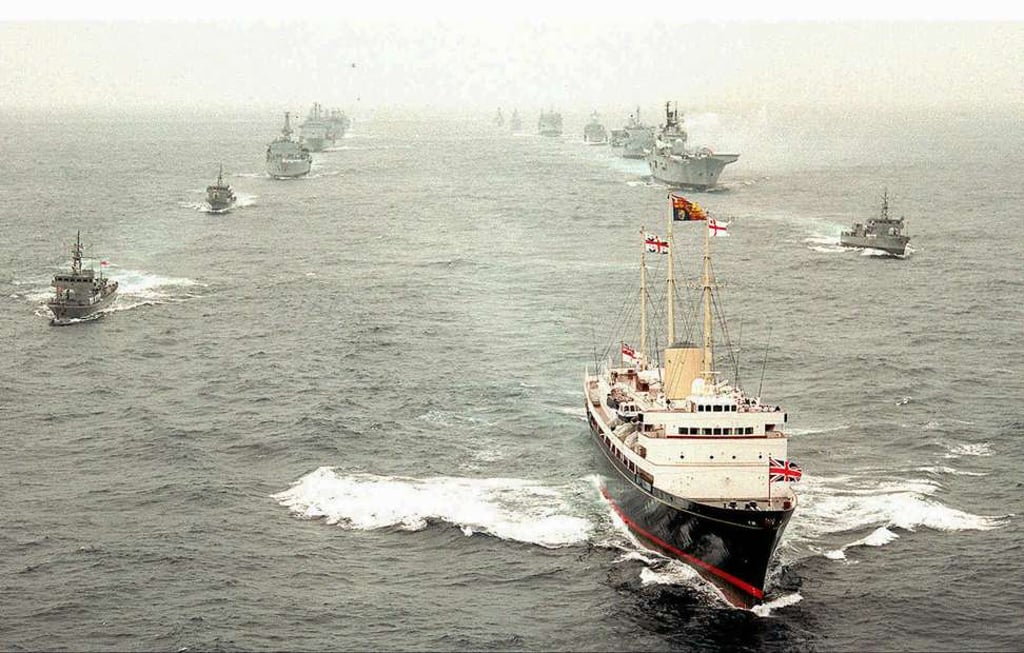As Patten sailed into the sunset, up stepped Serevi as the new ‘governor’ of Hong Kong
Hong Kong’s destiny changed in 1997 with its return to the motherland and so did Fiji’s as Waisale Serevi inspired the tiny nation to World Cup Sevens glory

The year of 1997 was not only a momentous one for Hong Kong but also Fiji as it forever changed the destiny of the tiny island nation.
“A part of Hong Kong is for Fiji, I believe,” Waisale Serevi told the Post, 20 years on from winning the Rugby Sevens World Cup. “It not only holds a special place in my heart but all of the Fijians’ hearts.”
Serevi’s inspirational performances at the tournament – scoring 117 points, including nine tries, over the three days – mean he and Fiji will be forever linked with Hong Kong.
The winds of change were in the air for both two decades ago, when governor Chris Patten watched in the stadium as Serevi lifted the Melrose Cup on March 23, 1997.
Just over three months later on June 30, Patten would depart Government House for Her Majesty’s Yacht Britannia, during a two-day handover ceremony that officially marked the transfer of Hong Kong from the United Kingdom to the People’s Republic of China.

While Serevi also departed Hong Kong after that triumph, he never truly left.